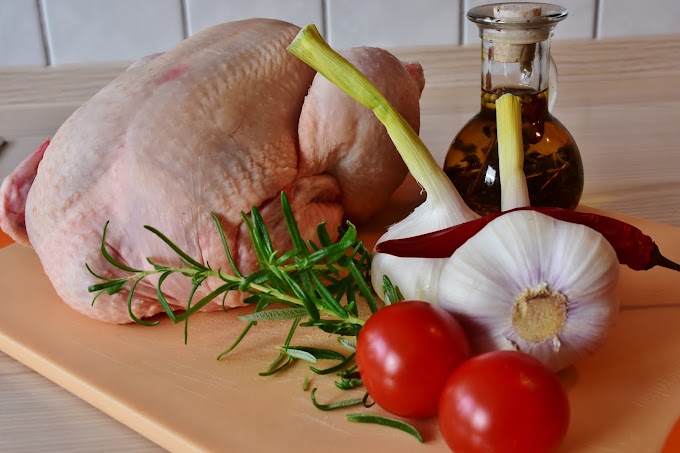The word ' whisky ' and ' whiskey ' both are correct. The American and Irish use whiskey while Scots, Canadian use Whisky.
TYPES OF WHISKY :-
1. Scotch whisky :- Scotch whisky is made in Scotland. It is made from malted barley or grain and aged in oak barrel for more than 3 years of old. Scotch whisky have five distinct categories and are matured from 3 to 21 years :-
- Single malt : it is made of 100% malted barley with at least two distillation. It is stored at least for 3 years in oak barrel and It is product of single distillery. It is obtained from pot still method with one single place of origin. Example Glenfiddich, smokehead.
- Single grain whisky : It is produced by column still and mainly used for blending. Grain whisky uses corn or wheat but have small fraction of malted barley used .
- Blended Malt : It is a Blend of 100% barley whisky from 2 or more distillery.
- Blended whisky : It is made with combination of single malt whisky with grain whisky from two different distillery. Example: Johnnie walker , Royal salute
PRODUCTION PROCESS OF SCOTCH WHISKY
1. Malting :- The grains are soaked for 2 or more days to germinate. However This step is skipped in case of grain whisky. Barley is soaked for germination.
2. Drying :- Now in second step we heat treat the grains to stop germination. Peat smoke is introduced to barley to give whisky smoky flavour and aroma.
3. Mashing :- The dried Malt is now ground and mixed in hot water to produce Mash.
4. Fermentation :- The mash is cooled and yeast is added for fermentation
5. Distillation :- After fermentation the liquid is distilled . Distillation enhance alcoholic volume and removed undesired impurities.
For malt whisky the wash is distilled twice. In first distillation the alcohol by volume will be only 20% so it is distilled twice . For grain whisky single distillation is done as distillation is done in column still so desire alcoholic content is easily achieved
6. Maturation :- It is now placed in oak barrel for maturation. During maturation the taste is enhanced and become smooth .
2. American whiskey :- They are made in various regions of America. American whisky are usually two types -
- Bourbon : Bourbon is made in Kentucky and is corn whiskey with at least 51% corn. No additives are used and is stored for at least two years . Example Jim beam
- Tennessee : They are produced in Tennessee state and have corn ranging from 51- 79% . The only difference between Tennessee and bourbon is after distillation , Tennessee whisky is filtered through sugar maple charcoal known as Lincoln county process. Example jack Daniels
3. Canadian whisky :- They are made in Canada and also called as rye whisky. They are aged, matured and bottled in canada for at least three years of age and may contain flavouring and caramel.
4. Irish whisky :- They are smoky and made in Ireland . They are stored/aged minimum of 3 years in wooden cask and made from barley ,malted and unmalted. They are also very popular example Jameson, Bushmill
Service of whisky :
Whiskey are served with water , soda water or ice cubes in on the rock /whisky tumbler or Hi ball glass and the standard measure is a peg. Large peg is 60 ml while small peg is 30 ml.
Popular brands of whisky are Johnnie walker, vat 69 , old Durbar , chivas regal, crown royal e.t.c

























0 Comments
If you have any doubts , please let me know